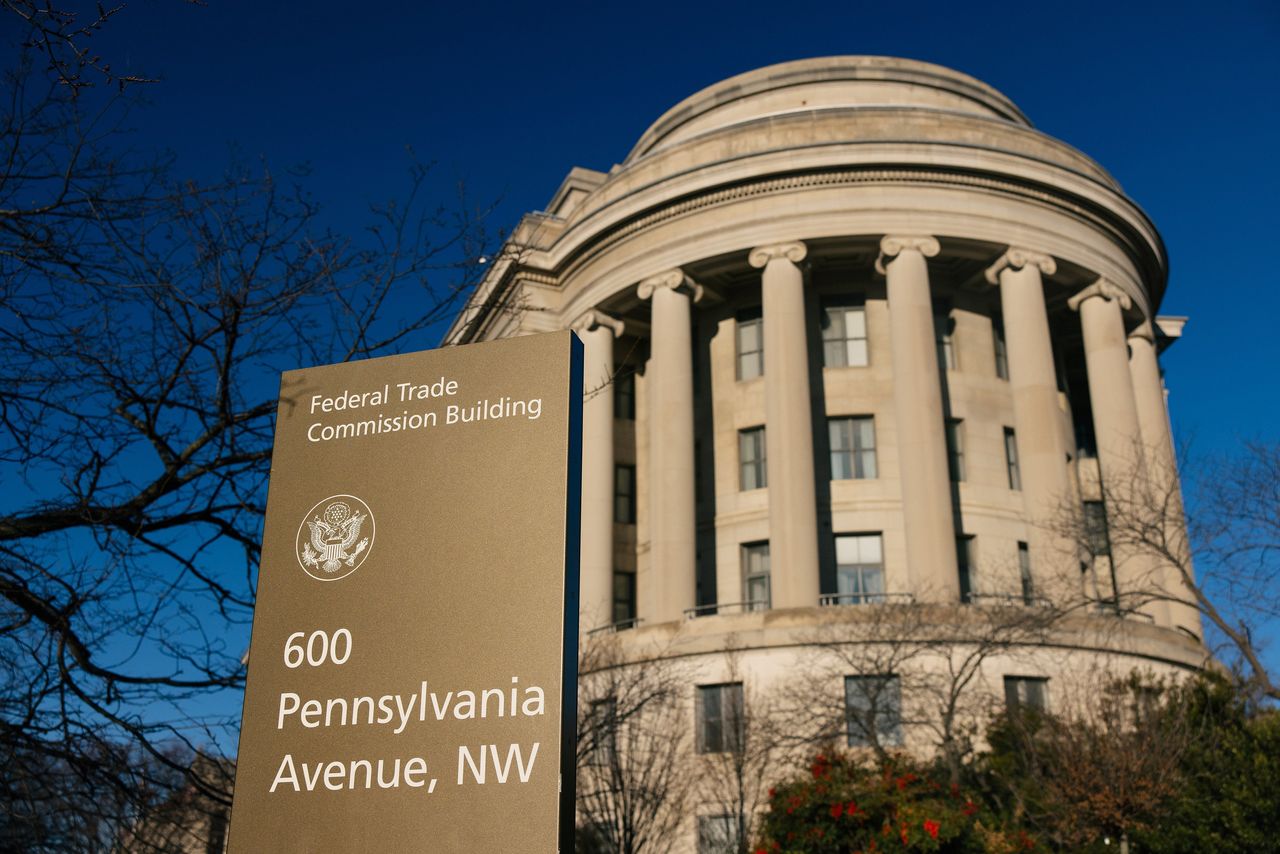
A federal judge in Texas on Tuesday struck down a landmark regulation issued by the Federal Trade Commission that sought to ban employers from using noncompete agreements to prevent most workers from joining rival firms.
U.S. District Judge Ada Brown ruled that the commission’s authority to police unfair methods of competition couldn’t be used to issue substantive regulations that ban an entire category of conduct.
“The role of an administrative agency is to do as told by Congress, not to do what the agency thinks it should do,” Brown, a Trump appointee, wrote.
The ban, issued in April, was part of FTC Chair Lina Khan’s effort to crack down on tactics that restrict the ability of workers to switch jobs. Outlawing noncompetes is hugely popular with many workers, and the FTC estimated its rule would have boosted earnings by allowing employees to move more freely between companies.
An FTC spokeswoman said the agency is weighing an appeal and would continue to “keep fighting to stop noncompetes that restrict the economic liberty of hardworking Americans, hamper economic growth, limit innovation, and depress wages.”
Ryan LLC, a tax-services and software firm based in Dallas, backed by the Chamber of Commerce and other business groups, sued to block the regulation days after the FTC adopted the measure, arguing the commission exceeded its powers.
Businesses that use noncompete agreements say they are an effective way to protect their intellectual property and other investments. Other measures, such as nondisclosure agreements, don’t protect companies as well, they say, because they must be litigated on a case-by-case basis to be enforced.
Brint Ryan, the chief executive of Ryan LLC, said the rule would have created a disincentive for employers to provide training and skill development. “The continuing overreach and overregulation from the federal government jeopardizes America’s economic liberty and diminishes the opportunity our country provides for all of us,” Ryan said.
The judge also ruled the FTC ban was arbitrary and capricious because it was “unreasonably overbroad without a reasonable explanation.” The decision barred the commission from enforcing the rule, which was supposed to take effect on Sept. 4.
States have traditionally regulated noncompete agreements, with some states banning them completely. In California, the lack of noncompete restrictions has allowed talented engineers and other tech workers to easily switch employers or start their own companies.
The FTC argued that noncompete clauses, which typically prevent workers from taking a new job or starting a business for a certain period after leaving an employer, hamper competition for labor and result in lower pay and benefits.
Even lower-wage workers such as security guards and hairstylists, who lack access to intellectual property or trade secrets, have occasionally been subject to them.
Khan has been a leading proponent of competition regulations, arguing that case-by-case enforcement against harmful conduct is too slow. The Biden administration also had urged the FTC to take action. In a July 2021 executive order, President Biden urged the commission to consider regulations curtailing noncompetes and a range of other conduct involving online marketplaces, the prescription-drug industry, real-estate brokerages and occupational licensing.
The basis for regulating noncompete clauses comes from a 110-year-old law that prohibits unfair methods of competition, the FTC says. The agency first said in the 1960s that it could use that authority to write competition regulations. But it hadn’t issued a new competition rule for more than 50 years—until adopting the rule that Brown invalidated on Tuesday.
Brown wrote that Congress never granted substantive competition rule-making authority to the FTC. Lawmakers expressly authorized the FTC’s ability to regulate deceptive practices that mislead consumers, but they didn’t want the agency to regulate how firms compete, she wrote. The FTC misused what she called a “housekeeping statute,” aimed at organizing its internal functions, to create a basis for a sweeping assault on labor agreements.
“The commission lacks statutory authority to retroactively invalidate millions of existing contracts,” Brown wrote.
The judge said her ruling is effective nationwide and isn’t limited to Ryan’s case or employers operating in her district.
The FTC fended off an earlier attempt to invalidate the rule filed by a Pennsylvania-based tree-care company. But the decision in that case was a preliminary ruling that addressed only whether the rule could take effect in September while the tree company’s lawsuit played out.
If lower courts remain split as the litigation moves through the legal system, the matter might ultimately fall to a conservative Supreme Court that has taken a dim view of government agencies invoking new regulatory powers from long-ago statutes.
“You have a fairly business-friendly U.S. Supreme Court that comes with conservative leanings, and as a result of that, it was unlikely the court was ever going to find the FTC’s rule is permissible,” said Mark Goldstein, an employment and labor lawyer at Reed Smith.
The ban’s fate also could hinge on the coming presidential election. The five-member commission voted 3 to 2 to approve the regulation, with Republicans in dissent. If Republican nominee Donald Trump wins in November, the commission under new leadership could abandon legal efforts to support the rule.


